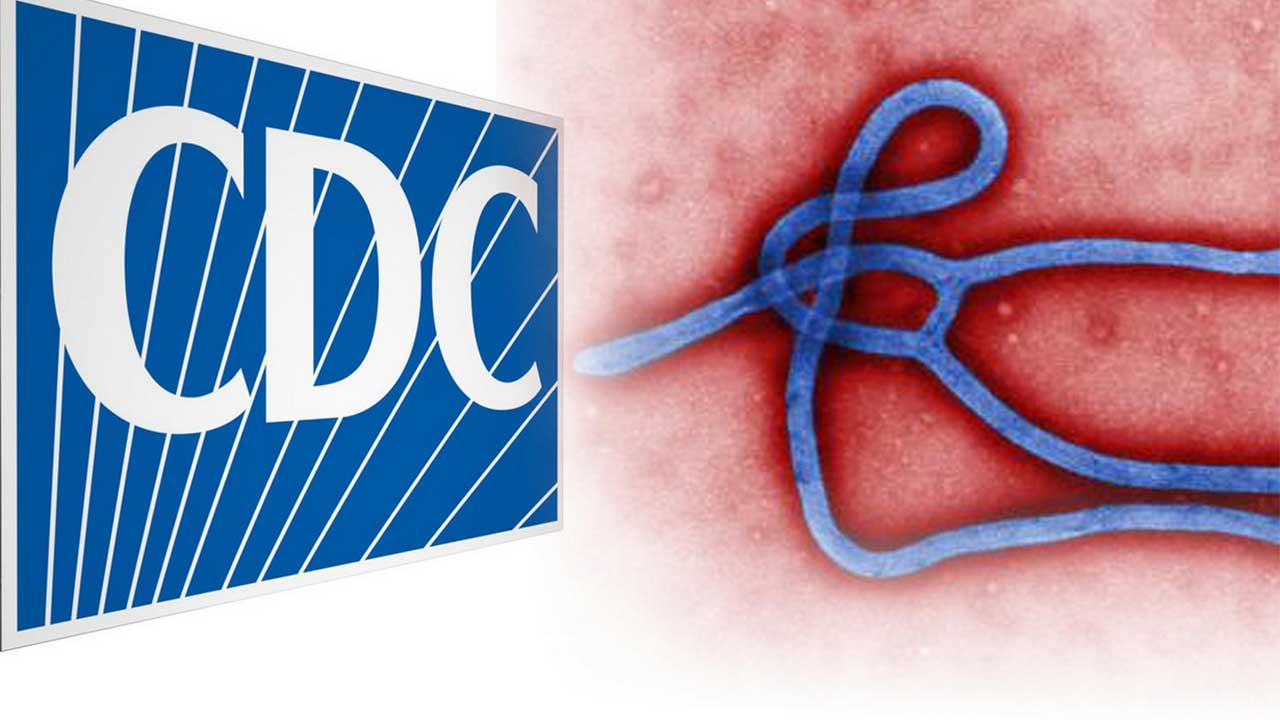Lawmakers demand answers about handling of Ebola cases

DALLAS (KGO) -- There are new details in the fight against Ebola. President Barack Obama says reserve and National Guard troops could be called up if they're needed to help in the response to Ebola in West Africa. The U.S. has already committed to sending 4,000 troops to provide logistics and build treatment units.
In Dallas on Thursday, city officials decided it was not necessary to declare a disaster in the city, where three patients have now been diagnosed with Ebola. Meanwhile, the hospital where the first patient was treated -- Thomas Eric Duncan -- is now admitting to errors.
"Unfortunately, in our initial treatment of Mr. Duncan, despite our best intentions, and a highly skilled medical team, we made mistakes," said Dr. Daniel Varga with Texas Health Resources. "We did not correctly diagnose his symptoms as those of Ebola and we are deeply sorry."
The Liberian man died on Oct. 8.
Nina Pham, the first Texas nurse to test positive for Ebola, was moved Thursday to a National Institutes of Health Facility in Maryland. Health officials say Pham is in good condition.
Amber Vinson, the second nurse infected with the virus, is at Emory Hospital in Atlanta. On Thursday, the CDC said it is expanding the investigation to include passengers on a Friday flight from Dallas to Cleveland.
It took the threat of Ebola to get lawmakers back on Capitol Hill.
"On this issue, there is no time to wait," said Rep. Fred Upton, R-Michigan.
On Thursday, the director of the CDC and other top health officials were on the hot seat. Lawmakers demanded answers about the handling of the Dallas Ebola cases. And what the government is doing to stop the virus from spreading.
But there were drastically different opinions
"People are scared," Upton said. "We need all hands on deck, we need a strategy, and we need to protect the American people."
Rep. Diana Degette, D-Colorado, added, "We should not panic. We know how to stop Ebola outbreaks, by isolating patients."
VIDEO: SF 911 dispatchers take precautions amid Ebola crisis
The calls are increasing for a ban on travel to the U.S. from West African nations that have an Ebola outbreak or temporarily suspend travel visas of individuals from there until the virus is under control.
But the head of the CDC, Dr. Thomas Frieden, said the U.S. can now track people coming into the U.S. from that region and conduct proper screenings.
And if the U.S. bans travel, people could figure out another way to get here and the system will fail.
"Borders can be porous," Frieden said. "We won't be able to check them for fever when they leave, we won't be able to check them for fever when they arrive. When they arrive, we wouldn't be able to impose quarantine."
The White House reiterated this point, focusing on the need to get aid into the region in order to get a handle on the virus.
VIDEO: Kaiser nurses demand discussion on Ebola training, safety
"Commercial transportation is critical to ensuring that supplies and equipment can get to the region," said White House Press Secretary Josh Earnest.
Lawmakers said it's important the public can trust the government. The head of the CDC said he's confident the systems in place can prevent an Ebola outbreak here in the U.S.
For full coverage on the Ebola virus, click here.
ABC News reporter Karen Travers contributed to this report.















